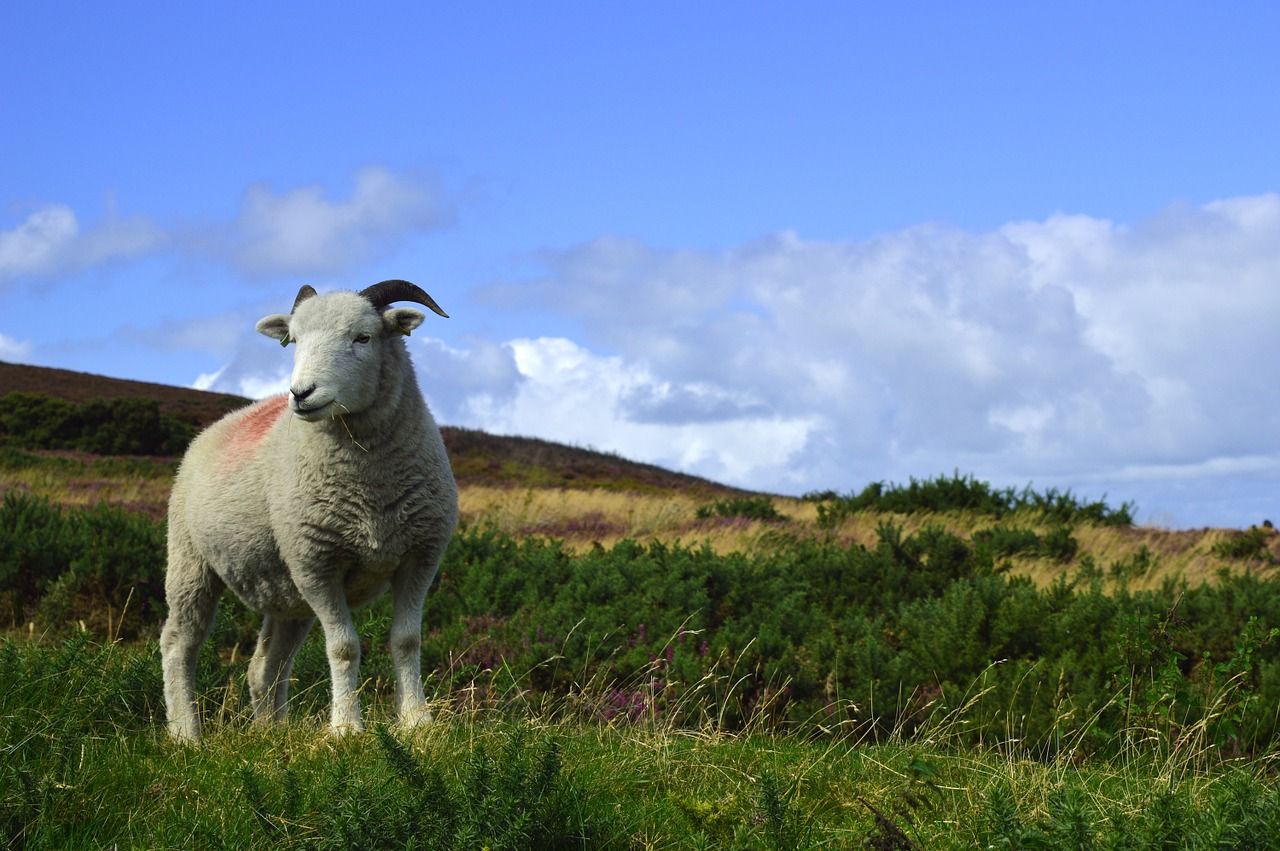Editor’s Note: Andrew Vickery, head of rural services at UK accountancy firm Old Mill, argues that UK farmers should take advantage of the next few profitable years to plan for the future including investing in new technologies that could make their farms more sustainable.
UK farmers could enjoy a buoyant couple of years ahead but the industry may face another downturn after 2020. It is, therefore, vital that they re-evaluate their business plans to make the most of the good times and protect against future volatility.
The pound has weakened considerably since the EU referendum, which has so far been to British farmers’ benefit. It has made exports more competitive and boosted the basic subsidy payment by 16.5% in 2016: if the currency stays weak we could, therefore, have two or three very good years.

However, the uncertainty of Brexit and the 2020 Common Agriculture Policy reform means farmers have to prepare for a future with ambiguous government support, warns Paul Blundell, relationship director in rural services at HSBC. “It’s really important to look ahead and have those conversations now – don’t wait until 2020 to start planning,” he says. “You need to get your business in a shape that you can farm the way you want to without financial support.”
In the immediate term, many farmers are struggling with low milk prices, so will need to maintain an open dialogue with their bank to ensure financial liquidity over the winter, he adds. In addition, they should check they are receiving all available tax credits and reducing tax payments on account to maintain cash flow.
Given the straitened times, many businesses are reconsidering their long-term strategy, including succession planning, with some extremely positive outcomes. However, those who have invested heavily with the use of capital allowances, and who are now restructuring or retiring, could crystallize large profits when selling plant and equipment. It could be worth re-evaluating the business structure and having an open dialogue about succession planning to reduce the resulting tax liability.
Landowners could also take steps to protect and enhance the value of their land, says Gareth Pinwell from Ashfords. “If you’ve aspirations to develop land in the longer term, you need to get involved with the local council.” This includes earmarking greenfield or brownfield sites in the development plan, and protecting against new applications for community green spaces or rights of way, he adds. “Be proactive and make sure you participate.”
To make your business more efficient in the longer term, it could be worth investing in new technology now. Capital allowances, providing 100% upfront tax relief on qualifying expenditure up to £200,000, make such purchases extremely tax efficient in the short term, and the equipment could dramatically improve future sustainability.
Being proactive and planning ahead could make the difference between a successful, viable business and one that doesn’t survive. Don’t be too complacent. Agricultural tax reliefs are very generous at the moment and the government would find it politically very easy to change them: make the most of the good times while you can.





